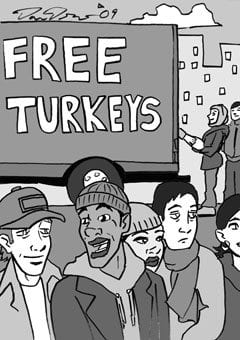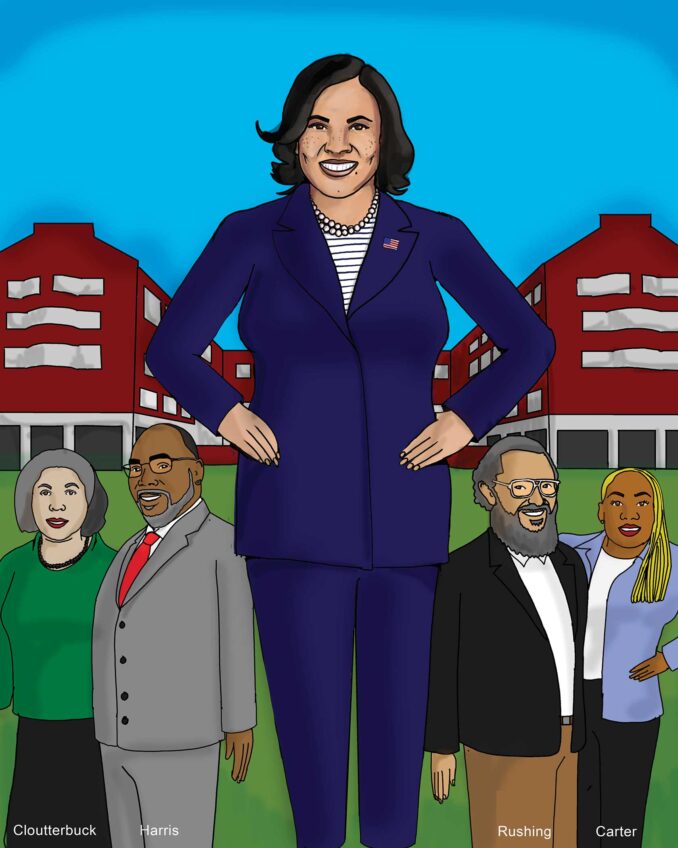
A time for confidence
Thanksgiving is the traditional time to express gratitude for the bounty of the harvest. In an agrarian economy, the thanks would be to the “Great Spirit” for providing the climate and fertility of the fields that enabled crops to flourish. That divine link has been stretched thin in our industrial society.
It is very difficult to be inspired by the spirit of gratitude when one is suffering from unemployment and is faced with the potential loss of one’s home from mortgage foreclosure. Perversely, the negative attitudes generated by financial difficulties during a recession have the negative consequences of extending the economic decline.
Personal spending accounts for about two-thirds of the Gross Domestic Product (GDP). When consumers lack confidence in the future they tend to save. During the onset of the recession, people were going into debt to spend. Americans were dissaving. Now the savings rate has climbed to three percent, more than double that of a year ago.
More than 200 years ago, Benjamin Franklin advised, “a penny saved is a penny earned.” American profligacy in recent years fired up the economy, but everyone now agrees that spending was excessive. In Japan, personal savings are 15 to 18 percent of after tax income. This is one of the highest rates in the world. In recent years Americans were spending their assets by using home equity loans to augment income, so savings were negative.
However, many economists believe that a strong consumer confidence is essential for the economy to recover. According to the Conference Board Consumer Confidence Index, one of the most respected indicators of consumer attitudes, there was a decline in October. Indeed, the negative reports in the press are enough to cause public concern.
Americans now find themselves in an anomalous position – save or spend. Both are generally beneficial. While it is a personal experience whether Thanksgiving is positive and thankful, the consequence is of social significance. A further decline in consumer confidence that is generated by a negative attitude will undoubtedly retard the economic recovery.
Americans have every reason to be grateful for what grace has bestowed, and should be confident about their ability to overcome the economic recession.
A second chance
Few statistics are more disturbing to African Americans than the disparity of black men in prison. While African American men are 14 percent of the total US population they are 40 percent of the prison population. According to a recent Justice Department report, an estimated 10.4 percent of the entire black male population, ages 25-29 was incarcerated.
An often overlooked consequence of imprisonment is the “scarlet letter” that former inmates must wear after they have paid their debt to society. In some states, convicted felons are perpetually disenfranchised. Almost everywhere, prior imprisonment curtails employment opportunities.
The State Senate has passed a measure to modify the right of employers to have access to CORI information on released prisoners. The State House of Representatives will take up the matter after the holiday recess. Community leaders and activists should become involved in the process to assure that access to CORI does not unreasonably restrict employment opportunities for former prisoners.






